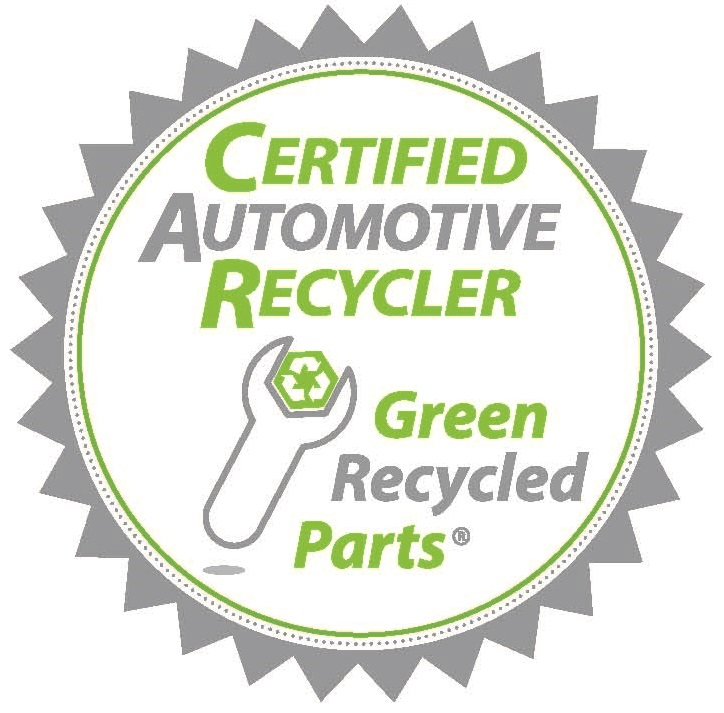The intent of compliant hazardous waste management is to provide cradle-to-grave responsibility for hazardous wastes to ensure that these wastes are not mismanaged in a way that will impact human health or the environment.
To comply with Iowa's hazardous waste requirements, you must follow the steps below:
1. Determine whether any hazardous waste is generated.
Determine whether any hazardous waste is generated.
2. Track how much hazardous waste is generated on a monthly basis to determine your facility's generator status.
Track how much hazardous waste is generated on a monthly basis to determine your facility's generator status.
3. Manage hazardous waste and recordkeeping in accordance to the amount of waste generated.
Manage hazardous waste and recordkeeping in accordance to the amount of waste generated.
Every business must determine whether its wastes are hazardous or non-hazardous. Proper waste characterization is essential in determining applicable waste handling and disposal options.
Automotive salvage facilities have many wastes that are potentially hazardous. Some of these wastes have regulations that make them exempt from hazardous waste management rules when properly handled to encourage recycling of the waste. Used Oil is a good example of this exemption.
Other waste may or may not be hazardous. A hazardous waste determination must be made for these wastes. Used antifreeze, waste oil absorbent such as used floor dry, and sump sludge from a floor drain sump pit are automotive wastes that require a determination as either hazardous or non-hazardous before choosing a disposal option.
An analytical laboratory test or a demonstration of thorough knowledge (such as information obtained from the SDS or a recent study) can make that determination. To make a hazardous/non-hazardous determination using lab testing, a one-time representative sample of the waste must be collected and sent to a lab for analysis. The procedure that can make a hazardous waste determination is called the Toxicity Characteristic Leaching Procedure or TCLP test.
An accurate analysis of automotive waste must include testing for the parameters that are likely to be present in the waste, such as the eight (8) heavy metals and the common Volatile Organic Compounds (VOCs).
Download a list of the testing parameters here. Requesting the right parameter for testing is important to make a thorough analysis as well as saving cost by not unnecessarily testing for toxins that are not going to be found in automotive waste.
ECAR Fact Sheet Iowa HAZARDOUS WASTE
Fact Sheet Status and Disclaimer
The following compliance assistance information for the state is subject to all of the warranties and disclaimers associated with this internet website [Read full disclaimer]. Please note that this information has been submitted or will be submitted to the state agencies responsible for implementing environmental laws and regulations for their review and comment. This note is provided only for your informational purposes and does not change or alter any warranties or disclaimers, including, for example, your responsibility to seek appropriate legal or technical assistance to interpret the state's laws as needed.
The fact sheets are designed to assist automotive recyclers with operating their businesses and managing their wastes in compliance with the environmental laws in Iowa. ECAR tries to provides timely and essential information on this topic, but be aware that other items, such as local regulations and recent changes, may apply. Read the Disclaimer. To view other Iowa FACT SHEETS return to the ECAR Virtual Tour.



